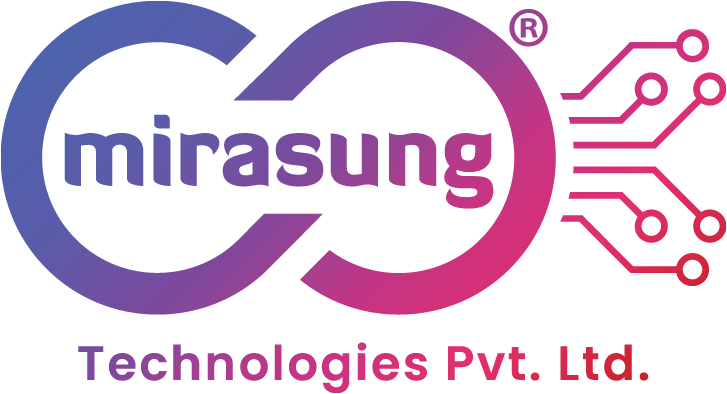Tredbo FinTech
Fintech software, or financial technology software, is a category of applications and platforms that leverage technology to deliver innovative and efficient financial services and solutions. It plays a transformative role in the finance industry by improving accessibility, convenience, and efficiency for both consumers and businesses. Here are key details about fintech software:
Digital Banking:
Fintech software enables digital banking services, offering features like online account management, mobile banking apps, and digital wallets.
Payment Processing:
It provides secure and fast payment processing solutions, including online payments, peer-to-peer (P2P) transfers, and mobile payment apps.
Peer-to-Peer Lending:
Fintech platforms facilitate P2P lending, connecting borrowers with individual or institutional lenders, often at more favorable terms than traditional banks.
Cryptocurrency and Blockchain:
Fintech includes cryptocurrency wallets and trading platforms, as well as blockchain technology for secure and transparent financial transactions.
Robo-Advisors:
Automated investment platforms offer algorithm-driven financial advice and portfolio management, making investment decisions more accessible.
Insurtech:
Insurance technology (insurtech) software streamlines insurance processes, from underwriting and claims processing to policy management.
Regtech:
Regulatory technology (regtech) solutions assist financial institutions in managing and ensuring compliance with evolving financial regulations.
Financial Management:
Personal finance and budgeting apps help users track expenses, set financial goals, and optimize their financial health.
Crowdfunding:
Crowdfunding platforms allow individuals and businesses to raise funds for projects or ventures by connecting with a global pool of investors.
Artificial Intelligence (AI):
AI and machine learning are used for data analysis, fraud detection, and customer service in the financial industry.
Wealth Management:
Fintech platforms provide tools for wealth management and investment, often with lower fees compared to traditional financial advisors.
Payment Gateways:
Fintech payment gateways facilitate online transactions for e-commerce businesses, offering security and seamless checkout experiences.
Financial Inclusion:
Fintech plays a role in expanding access to financial services for underserved populations, especially in emerging markets.
Data Analytics:
Fintech software provides data analytics tools to help businesses extract insights from financial data for informed decision-making.
Open Banking:
Open banking initiatives enable secure data sharing between financial institutions, allowing customers to access their financial information from various providers.
Financial Education:
Fintech platforms often offer educational resources and tools to improve financial literacy and decision-making.
Fintech software continues to drive financial industry innovation, providing a range of solutions that enhance financial services, reduce costs, and expand access to a broader range of customers. Its impact is felt across banking, investment, insurance, payments, and beyond.
